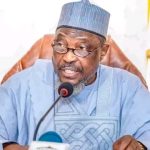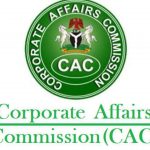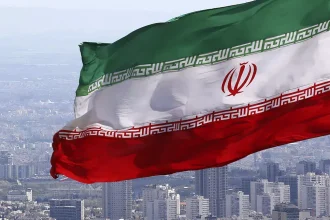The Nigerian Electricity Regulatory Commission has announced stricter penalties for individuals and businesses caught tampering with or bypassing electricity meters.
The new rules, which replace an earlier order from 2017, took effect on January 22, 2025.
According to NERC, the new order aligns with the Electricity Act 2023 and the Customer Protection Regulations 2023, aiming to curb electricity theft and ensure compliance with metering regulations.
“Customers who bypass meters or gain unauthorized access must pay administrative charges, including meter replacement costs and reconnection fees,” NERC stated. “Any customer found guilty of tampering with a meter will only be reconnected after making the necessary payments.”
Under the revised order, the penalties vary based on the type of electricity meter:
-
Single-phase meters (Non-maximum demand customers): First-time offenders will pay N100,000, while repeat offenders will pay N150,000.
-
Three-phase meters (Non-maximum demand customers): The penalty is N200,000 for a first-time violation and N300,000 for repeat offenders.
-
Maximum demand customers: First-time offenders will pay 450% of their last recorded consumption, while repeat offenders will pay 600%.
In addition, reconnection costs have been set at N10,000 for non-maximum demand customers and N50,000 for maximum demand customers. If a Distribution Company (DisCo) fails to reconnect a customer within 48 hours after payment, NERC stated that the DisCo must compensate the customer with an energy credit equivalent to 100% of their daily energy consumption.
Furthermore, customers guilty of unauthorized access must pay for the loss of revenue through back-billing at the prevailing tariff rate.
NERC emphasized that the measures are intended to reduce illegal electricity connections, promote transparency in reconnection processes, and strengthen enforcement against energy theft.
Meanwhile, the Minister of Power, Chief Adebayo Adelabu, has intervened in the prolonged power outage affecting the University College Hospital, Ibadan. Many parts of the hospital have been without electricity for over 100 days.
During a meeting with representatives from the University of Ibadan, the College of Medicine, and the Ibadan Electricity Distribution Company, the minister, represented by his Special Adviser, Bolaji Tunji, directed IBEDC to restore power to the College of Medicine and student halls of residence within the hospital premises.
On Monday, February 10, Adelabu had earlier met with UCH management and IBEDC to resolve the issue, which led to the partial restoration of power to the clinical services section of the hospital. However, IBEDC stated that further steps were needed to restore power to additional sections of the hospital.
A statement from the ministry revealed that the key challenge was the inability of UCH management and the College of Medicine to agree on payment arrangements and the separation of their assets due to interconnectivity.
As part of the resolution, the clinical section will now be connected to a new transformer before the end of the week, while another transformer will be installed to serve the College of Medicine.
The minister clarified that the crisis was a “customer-vendor issue” between UCH and IBEDC and had nothing to do with the federal government.
The new penalties for meter bypass and the intervention in the UCH power crisis highlight the government’s commitment to improving electricity supply and ensuring compliance with electricity regulations across Nigeria.











